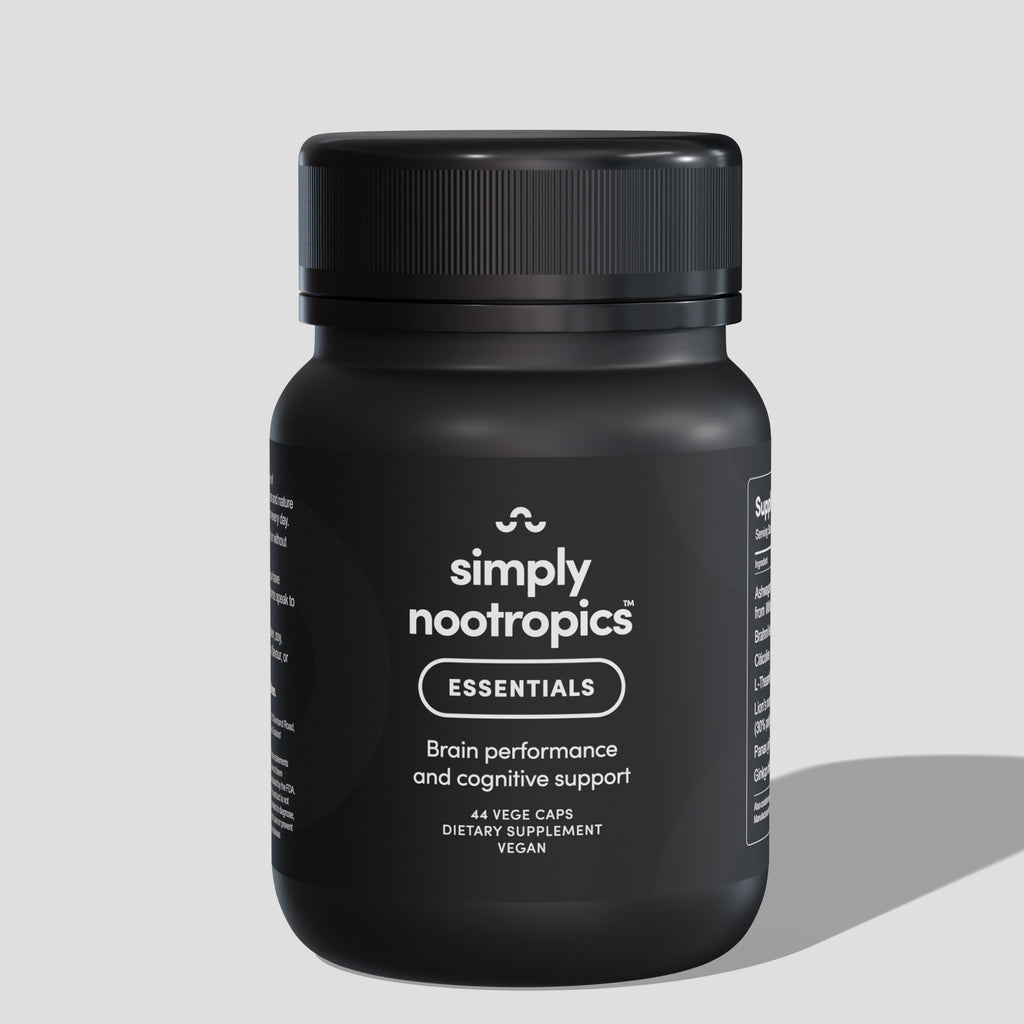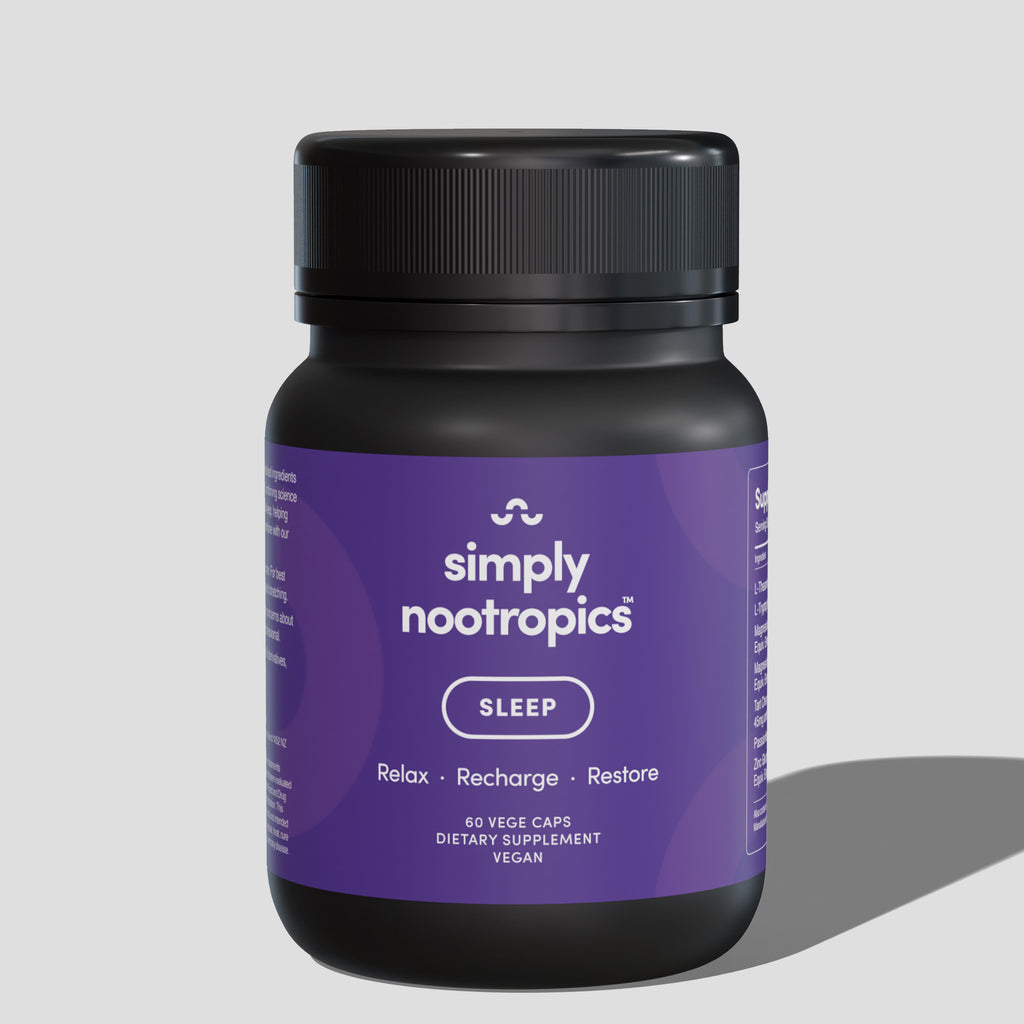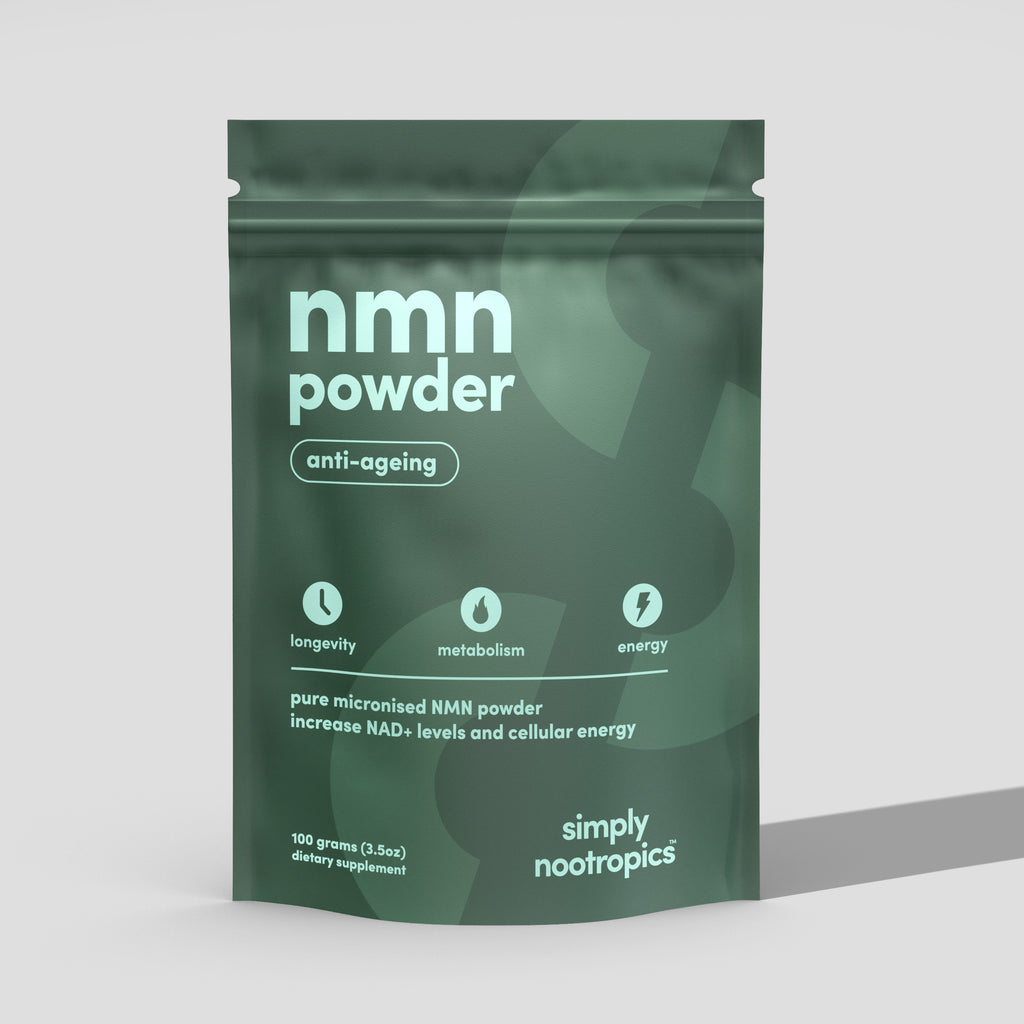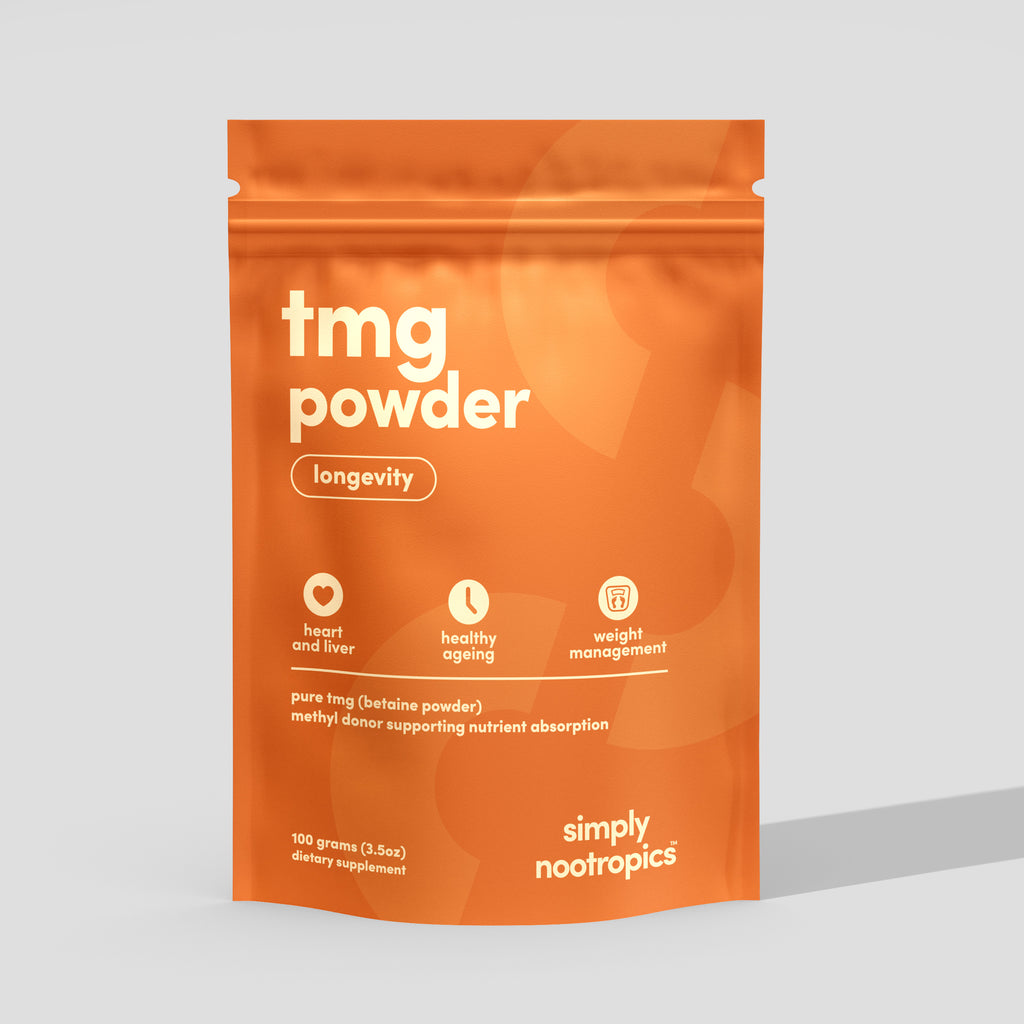We've all heard the phrase "be thankful for your health". But did you know, being thankful can actually be good for your health? Today, we'll explore how gratitude may improve your physical, mental, and emotional wellbeing. We'll discuss the science behind the benefits and show you some ideas on how to incorporate gratitude into your daily schedule. Harness the power of gratitude today, and get more out of life.
What is gratitude?
Gratitude can be defined as "thankfulness and appreciation". It refers to the quality of not taking your advantages for granted. As Eckhart Tolle writes in The Power of Now: "Gratitude for the present moment and the fullness of life now is the true prosperity". In a nutshell, it's an attitude of thankfulness for what you have in your life. So what are the reasons we should incorporate more gratitude into our lives?
The advantages of gratitude
There are many benefits to gratitude, including physically, mentally, and emotionally. Expressing gratitude is among the most highly-regarded positive psychology techniques, with gratitude journals being one of the most well-known methods used.
According to Robert Emmons, professor of psychology at the University of California and the leading scientific expert on gratitude, practising gratitude:
- Activates the brain's reward pathways
- Increases empathy, compassion, and social connection
- Diminishes anxiety, stress, and depression symptoms
- Facilitates higher cognitive functions
- Promotes productivity and work/life satisfaction
- Boosts the immune system
- Encourages healthy sleep
Let's explore the neurological basis for some of these effects in detail.
This is your brain on gratitude…
We've talked about neurotransmitters before. Dopamine and serotonin are responsible for happiness and pleasure, making them pivotal in our brain's reward and motivation centre (found in the right anterior superior temporal cortex). You know that feeling when you get flushed with the warm fuzzies? This is where it comes from. These neurotransmitters also regulate stress hormones and reduce anxiety and depression. It follows that activities that increase our dopamine and serotonin levels – like gratitude practices – would positively impact our mood.
This makes sense - we know our mindset can affect brain activity and vice versa. But it's not just about warm fuzzies. Increased dopamine production also assists with focus and concentration, while serotonin has been linked to memory formation. So not only do gratitude practices make us happier, they might make us smarter!
The cognitive benefits of expressing gratitude have been found using fMRI scans. In one 2015 study, people were split into two groups: one group was just to recall a time they felt grateful, while the second was to speak it out loud as if they were thanking someone. While both showed activation in the medial prefrontal cortex compared to a control, the group that expressed their gratitude experienced more significant activation. This is the brain region responsible for higher-order processing and executive cognitive functions (it's what separates the great apes and us from other animals).
Gratitude might give us an evolutionary cognitive advantage. But we don't get the full benefit by just thinking about it: we have to pause and reflect intentionally, and capture it (for instance, by writing it down). Gratitude is a way to train your brain, just like going to the gym trains your other muscles.
We have to practise and condition our brains to be receptive. Expert tip: just like working out, you have to keep it up if you want long-term benefits. Some studies show the improvements tail off in weeks if you don't continue to make expressing and documenting gratitude part of your daily routine.
How to start a gratitude journal for biohacking
There are countless different ways to structure your journal, but keeping a gratitude journal doesn't need to be complex. Some people prefer columns for categories (i.e. Work, Personal Life etc.), while others prefer entries by date. There are many options to journal your gratitude mindfully and deliberately - here is a list of some techniques you may find helpful:
- Use prompts. Set up some gratitude prompts with space to write. For example, "I’m thankful for ______ today because ______”. "A friendship that really helped me was ______". "A kind act that a stranger did today was ______". Try making some in advance.
- Be specific. Describe what you are grateful for. Get into the details. This is an effective cognitive tool to exercise your gratitude and take it from abstract concepts to real, tangible things.
- Use the Power of Three. Make your gratitude list in threes, or try a journal technique that encourages you to write down three things each day. It doesn't matter how big or small; just jotting down three things that made your day gets you thinking about what goes right. This uncovers potential patterns and primes people to look for the positive things in their life more proactively.
However you decide to structure your gratitude journal, you need to do it daily. Weekly journals aren't as effective, nor are logs from months ago. And they're not as fun or easy to maintain. Make a regular habit of writing in your journal for a few minutes each night, especially if you want to get the added sleep benefits of healthy pre-sleep cognitions.
Simply Nootropics offers a deluxe gratitude journal that we know you're going to love as part of our biohacking gear. It also comes in our Elevate Value Pack, along with our blue light blocking glasses (you can read more about their benefits here).
When it comes to boosting your brain, gratitude is the gift that keeps on giving. So what are you waiting for? Get your gratitude journal today - or give one to someone you care about this Christmas! They'll thank you.







